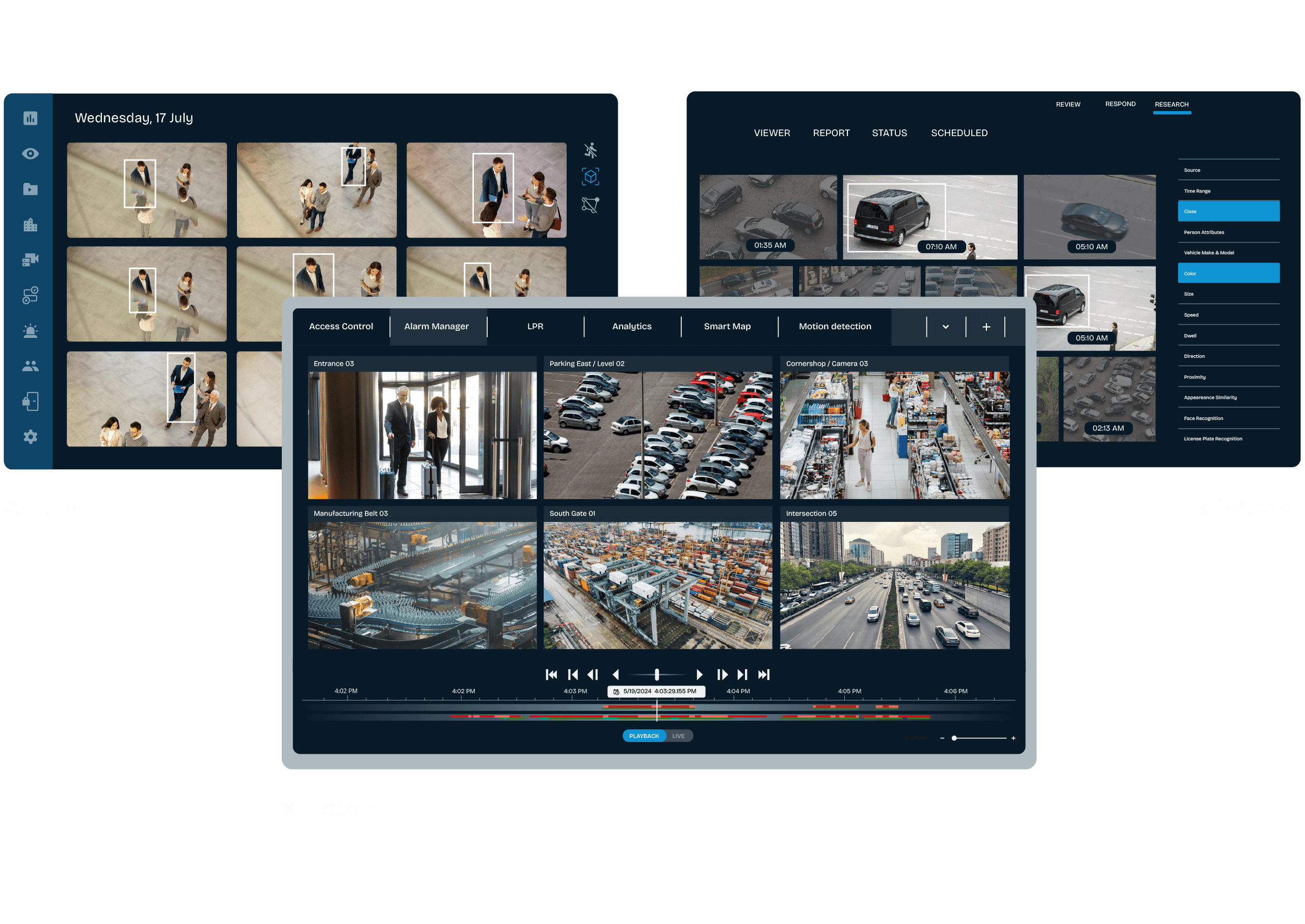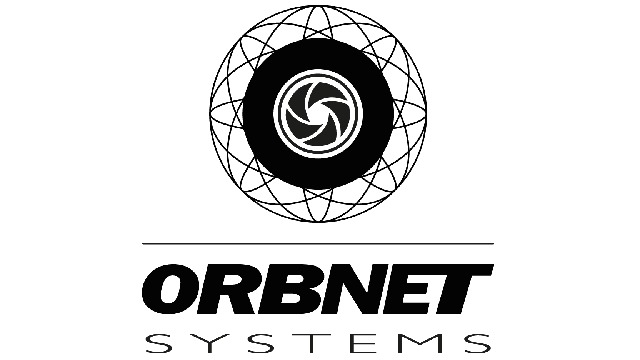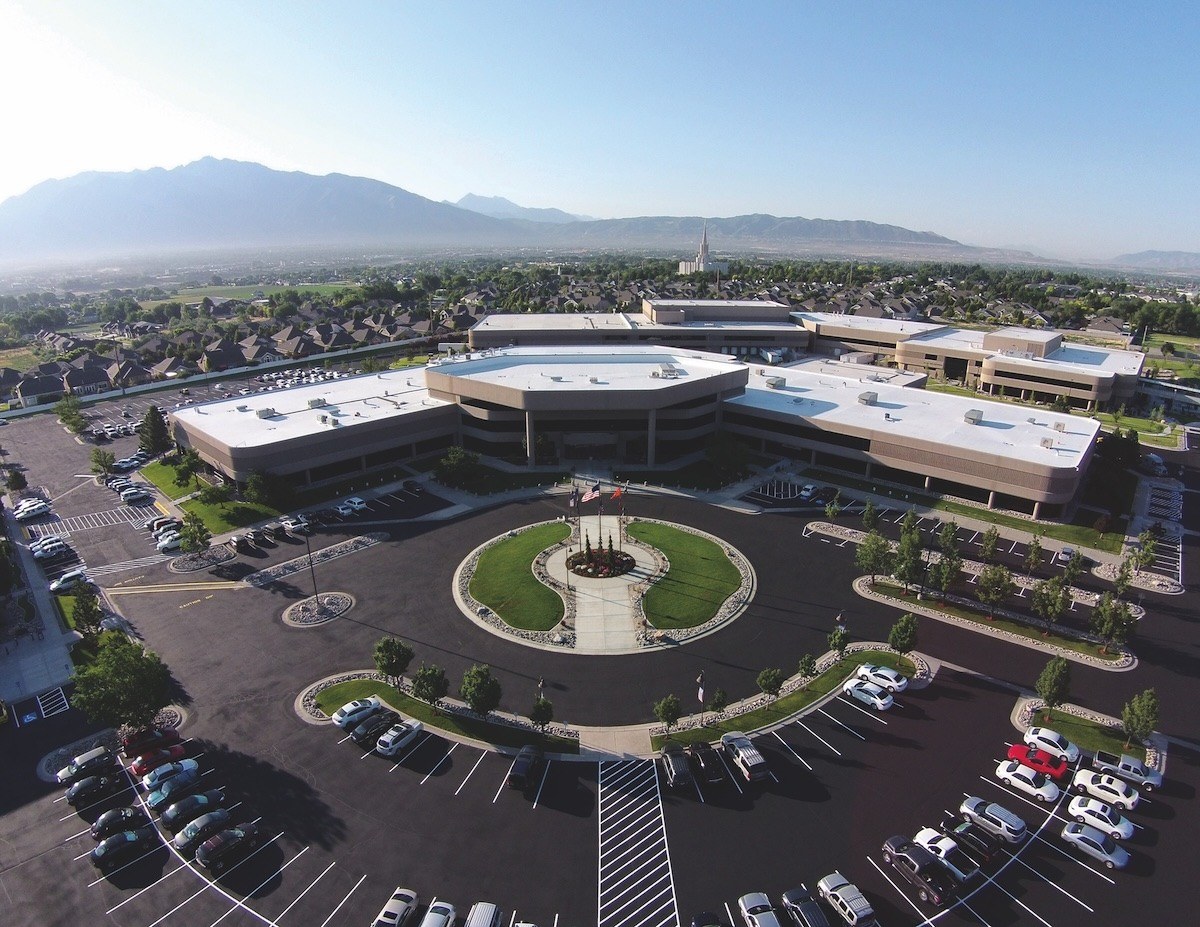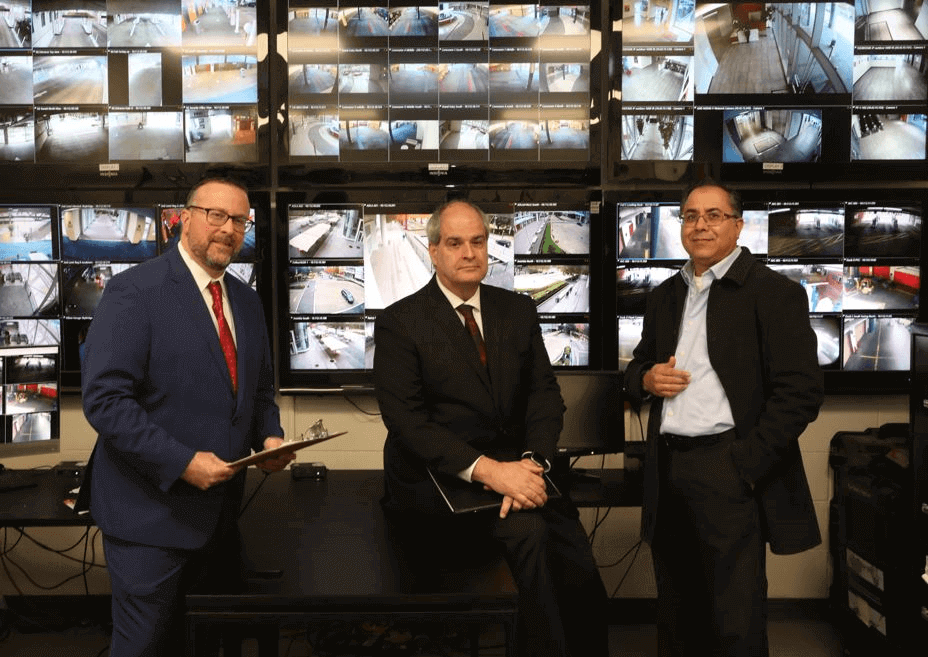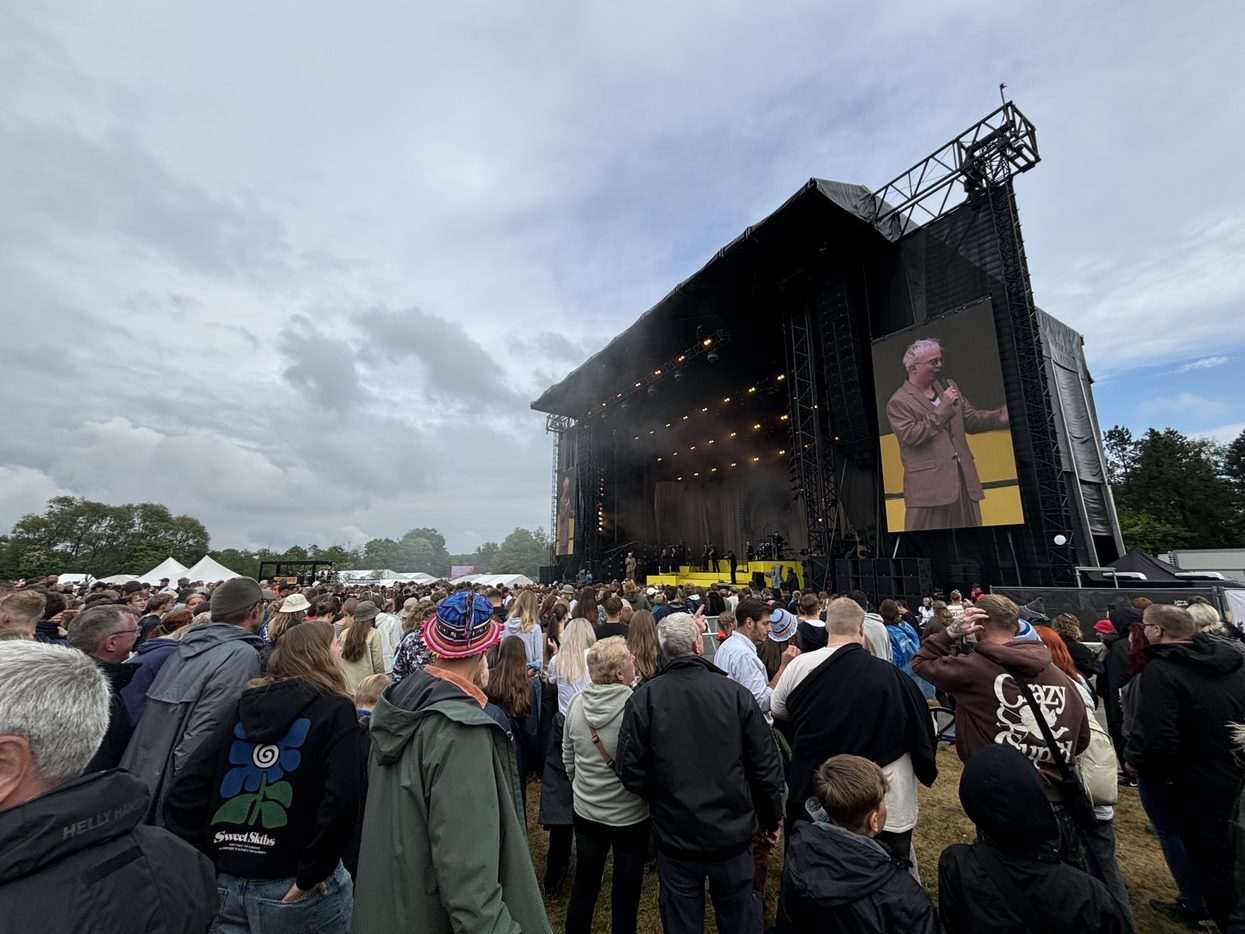GPS tracking
Track your assets and improve reporting with video management software and other video technology.
Manage fleets and stay compliant
Monitor fleets of vehicles or ships with GPS tracking
While GPS tracking was designed for navigation, it is now part of nearly every aspect of life and is used for navigation on water, land and air. By combining it with your video management software (VMS), you can increase safety for people, animals and assets, and optimize route planning and fuel costs.
- Combining GPS data with video feeds allows operators to pinpoint vehicle and asset location in real time.
- It’s ideal for monitoring movement and improving incident response. This enhances the ability to monitor movements and respond quickly to incidents. Historical GPS data can be used for reporting and investigative purposes to provide accountability and transparency.

Our Partners
(38)
GPS tracking in action
Frequently asked questions
Commonly asked questions and answers about GPS tracking.
Get the Milestone advantage
Rely on Milestone video technology, with solutions proven in 500,000+ customer sites and 25 years of experience in the industry.
Book a demo
Book a one-to-one demo
See Milestone in action with a demo that's customized to your business and needs.
